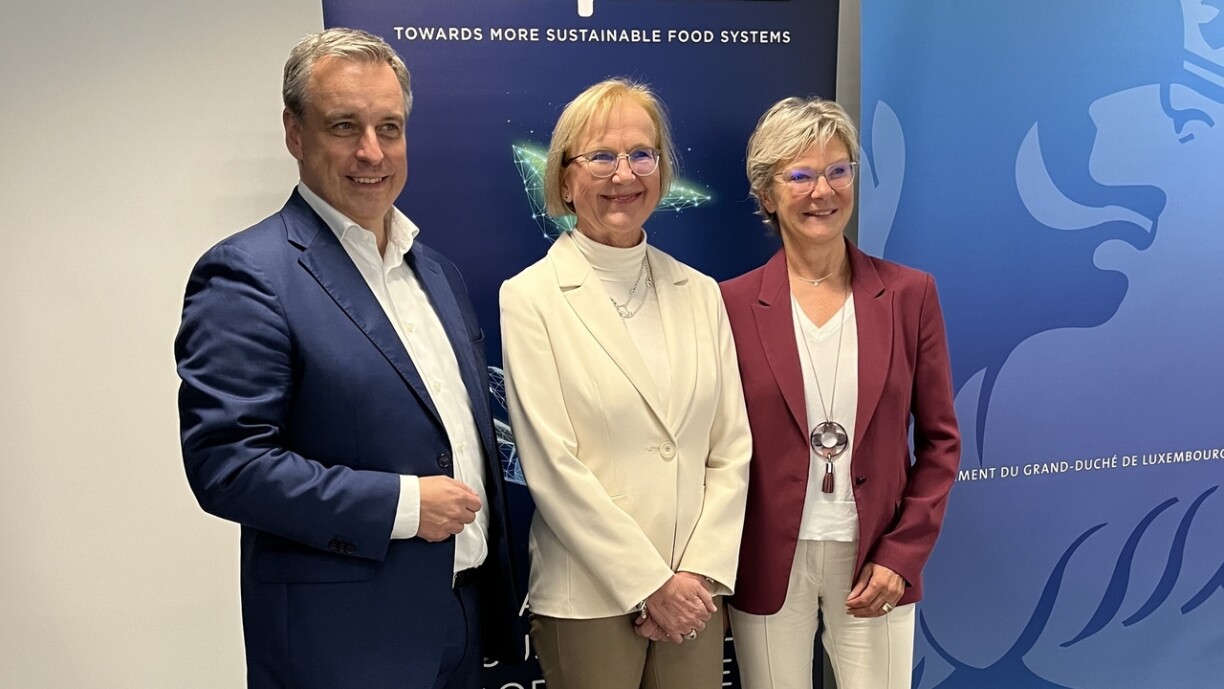
Education Minister Claude Meisch and Agriculture Minister Martine Hansen on Monday gave a press conference to provide updates about ongoing efforts to improve nutrition in Luxembourg’s education sector by relying more on organic and local produce. After completing its pilot phase, the ‘Suppy4Future’ system is therefore now to be generally implemented across Luxembourg schools and the University of Luxembourg.
The digital platform allows local producers to propose their ingredients, giving them a chance to compete with wholesale producers. Meisch stressed that the system still displays prices, but that product origin is given higher priority. As for shortcomings of the system, Meisch did acknowledge that the pilot phase showed that local and organic produce cannot cover the entire food needs of Luxembourg’s education system.

Both Ministries argue that the project should be considered a health investment and an opportunity for national agriculture to diversify and further expand organic production. Hansen noted: “The previous government set the goal of dedicating 20% of the production surface to organic produce by 2025. At the time I was in the opposition and believed this to be unrealistic. And unfortunately, it is. But I hope that we get to 10%. And we see that there is a demand, which means we can help a number of businesses to succeed in their reorientation.”
According to Monique Ludovicy, director of Restopolis – the government administration in charge of nutrition in education – the measures foster local food production, but also bear as a consequence that some items no longer feature on school menus: “We no longer serve pineapples or mangos, seasonal fruit and vegetables are being prioritised, as well as regional produce.”
Restopolis has also pledged to increase efforts to expand its gluten-free offer, as well as decrease food waste and single-use packaging.